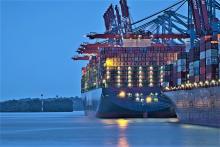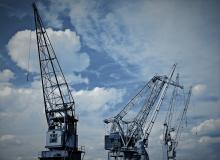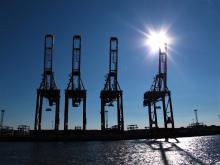Climate Risk and Ports: A Practical Guide on Strengthening Resilience
While ports are naturally exposed to climate-related hazards such as storm surge or sea level rise, the level of exposure differs significantly from location to location, and the degree of vulnerability depends heavily on infrastructure design and specifications. A site- and asset-specific risk assessment allows port developers and operators to identify adaptation needs and prioritize investments in measures that enhance resilience. Such an assessment is the starting point to take advantage of the triple dividend that climate resilience can deliver.


